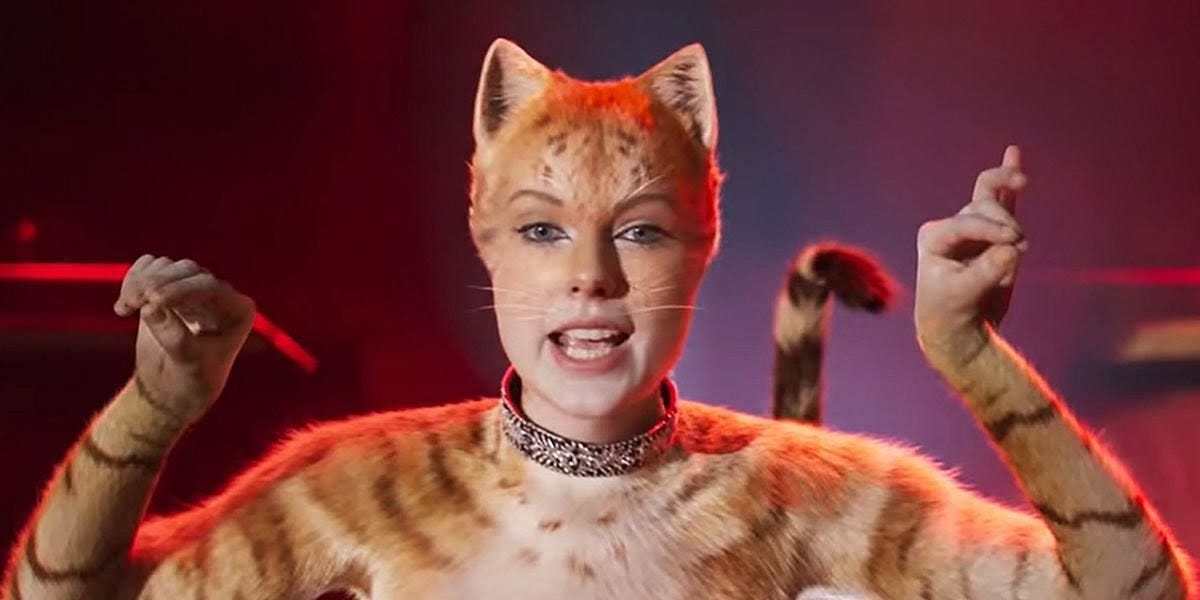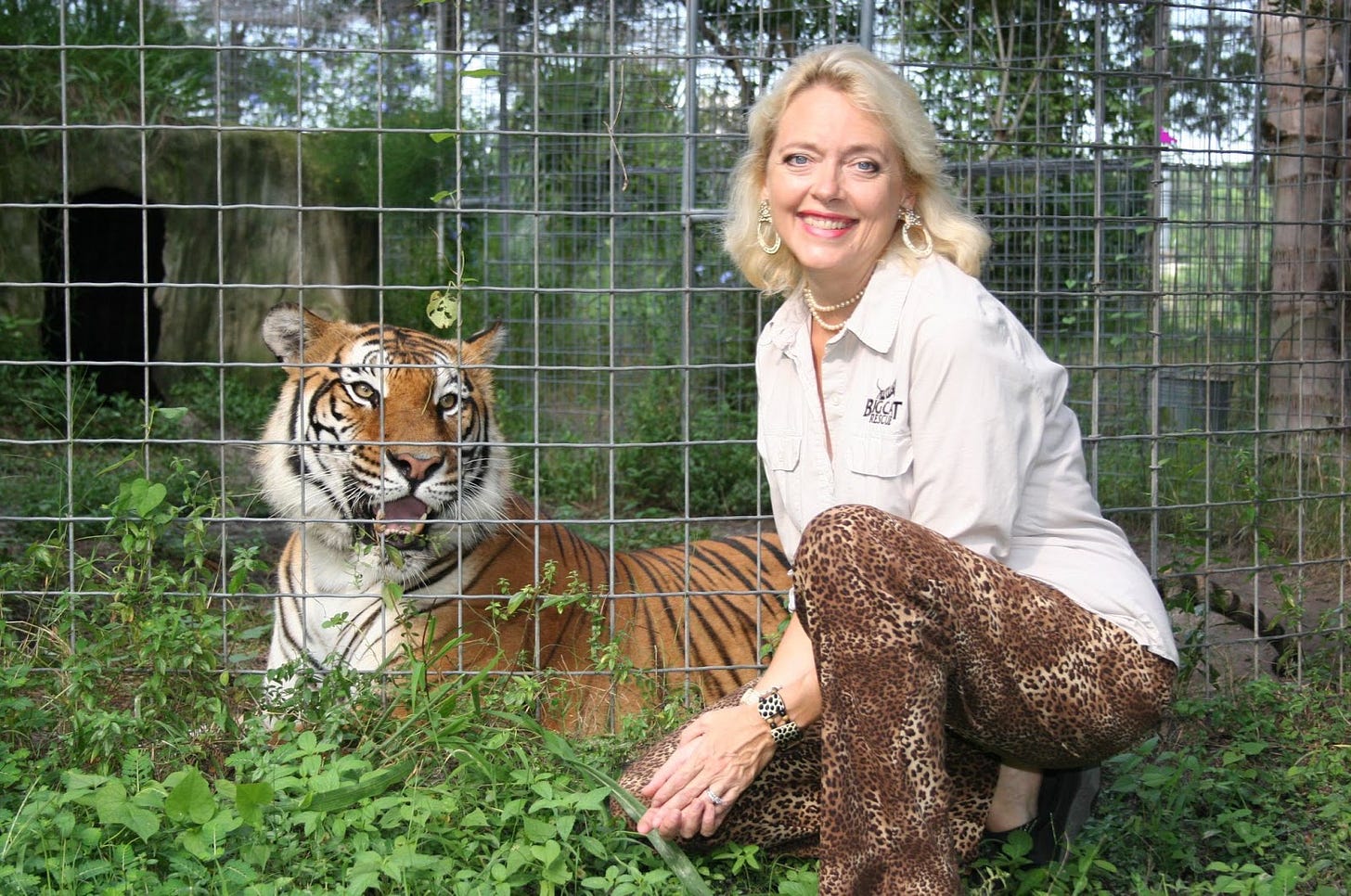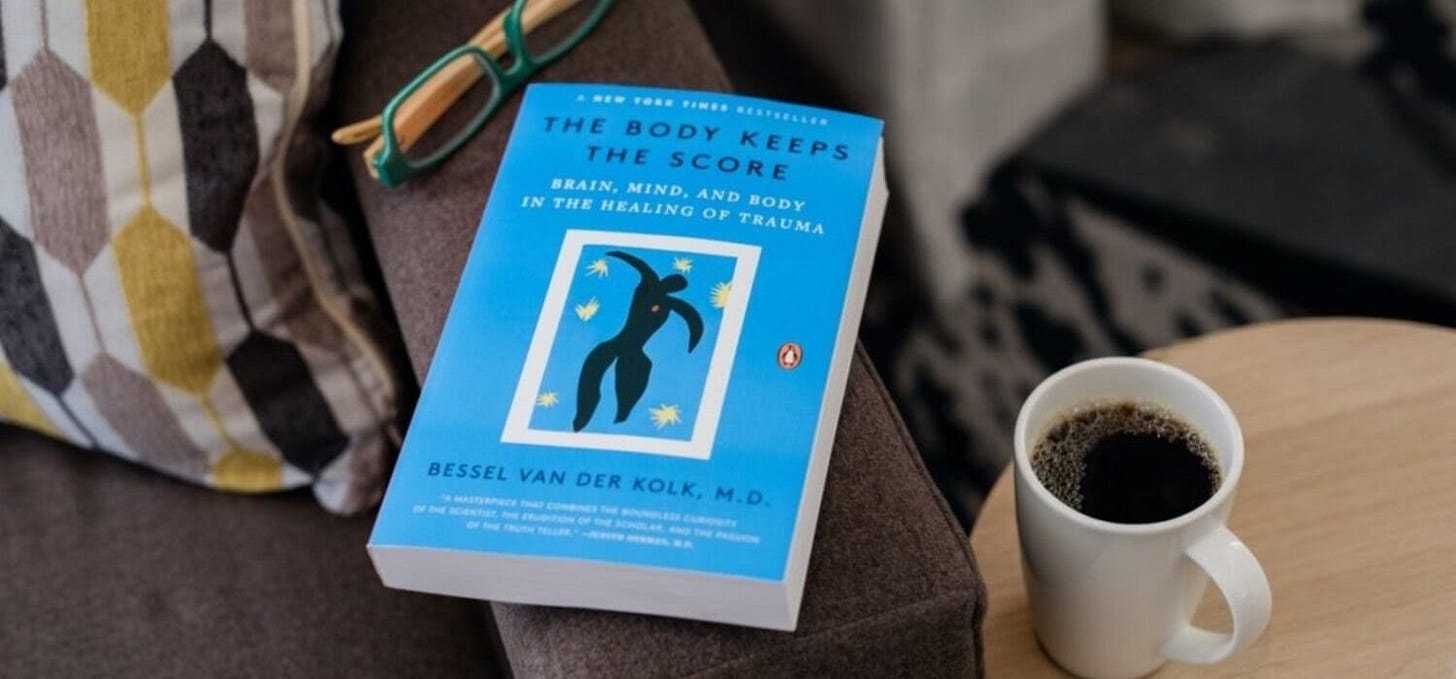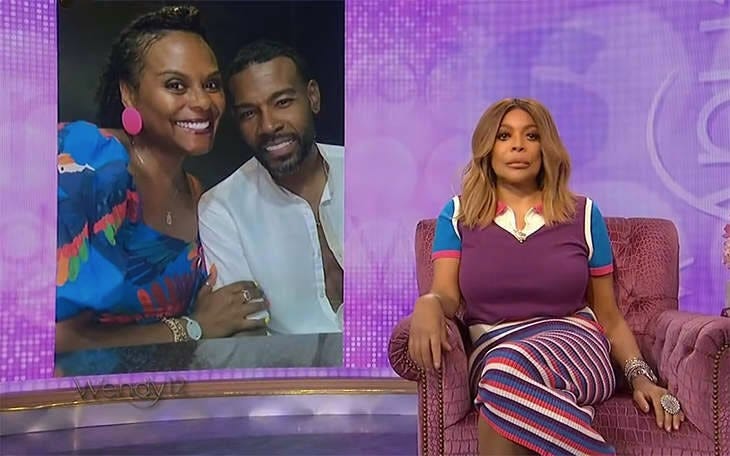Back when I was skating, I went through a phase with this jump called the double loop. When I was first learning it, I had a number of really hard falls that resulted in some very deep bone bruises. I quickly became terrified of the double loop, and when asked to do it, I just skated in circles, balking every time I was about to jump. After a year of this, my coach came to practice and put his foot down. He literally said, “Save the drama for your Mama, honey.” Two days later, I had mastered it. It’s all well and good that it worked out, but if this had been 2020, he probably would’ve used the word “trauma.” In this week’s episode, we talk about one of the buzziest words of the last few years. What is trauma, and why is it everywhere? How do we move forward when we find ourselves skating in circles, over and over again? Listen to our episode below!
I don’t know about y’all, but one thing that wasn’t on my summer 2021 bingo card was the return of “Cat Person” to the literary discourse. For those who aren’t aware, “Cat Person” is a debut short story that was published in The New Yorker in 2017 by Kristen Roupenian.
The story went viral in a way short fiction never does, in part because it’s about a very young woman (a college sophomore) in a relationship with a significantly older man. For further context, the #MeToo movement was reaching perhaps its greatest heights. The story broke the internet, and Roupenian eventually signed a seven-figure deal for her debut short story collection. Because I am me, I spent the first 48 hours of the internet frenzy refusing to give “Cat Person” the time of day. Why would I read a story that I (admittedly, wrongly) assumed was about people who love their cats a little *too* much?
If only I’d had the same resolve when Tiger King came along. Those 10 hours went the way of Carole Baskin’s husband. And by the way, tigers are cats so don’t tell me cat people are harmless!
Anyway, earlier this week Alexis Nowicki published a personal essay in SLATE revealing that much of “Cat Person” was inspired by her life. In fact, Roupenian had been a graduate student at the same university where Nowicki attended undergrad. They’d never met, but the man in question had dated Nowicki, and later, had an encounter with Roupenian.
What’s interesting about this scenario, to me, is the ethical question of mining not just our own lives, but other’s lives for the sake of our art, particularly without their permission. These dilemmas can feel straightforward when we’re alone on the page or at the studio, but what about when the art unexpectedly anointed becomes a sensation? What about when big money is involved? When does something like this become exploitation?
As queer people, we’re often expected to mine our lives for our art, particularly our trauma. Everybody knows that my fiction is rather close to my experience, Fran is professionally queer, Joe writes memoir, and we openly refer to Teebs as Teebs — his poetic alter ego. But it doesn’t end there. There’s a way in which readers and writers ascribe truth to our work because they’re looking for a way into our lives and identities — identities they don’t experience. But we’re not necessarily even writing for them. I’m writing for Black queer and trans women and boys, first and foremost. I’m writing the work I needed to read; perhaps I still need to read it.
In this case, fiction is fiction — that’s true. If Nowicki hadn’t come forward, only people who know her would’ve ever known how much she influenced the first viral short story. But also, where is the line?
I don’t know the answer to that question, but I do know that there are boundaries I’m unwilling to cross for my art. I’ve earned my boundaries, and I’ve earned the right to protect them.
So have you.
XOXO,
Denne Michele
*extra* delectable content
1. Here’s an essay in the New York Times about epigenetic trauma, or trauma that is inherited. It cites evidence that trauma can chemically alter a person’s genes, and that alteration can then be passed down through multiple generations, affecting how that gene converts proteins, or more simply stated, is expressed. If you have further questions, dm Joe O the Science Hoe!
2. Sidenote, remember when Wendy said everything we were thinking and called for DEATH to all of Britney Spears’ family? Iconic.
3. Going to Meet the Man by James Baldwin, which is an incredibly intense short story that illustrates the breadth of the trauma of systemic racism.
4. Visit Mintboys.com and you, too, can have the incredibly hot Impure Thot that Fran had on today’s episode! Seriously, Denne has it bookmarked ;-)
5. Because Fran has gone full LA Thot, they are reading, rereading, and still loving The Body Keeps The Score by Bessel van der Kolk. His name sounds like a man Denne would ghost, but we swear by the book!
6. You know we stan Thot Zaddy Chee, and he’s back again — this time we’re talking specifically about his absolutely stunner of an essay, “The Guardians”, which is published in his collection, “How to Write An Autobiographical Novel”. You can also listen to our latest conversation with Alex here!
7. Speaking of literary thot zaddies, our own Joe O wrote a book about emotional abuse and healing from that trauma, which, like, I *guess* we should remind you of, maybe.
7. Never forget the foxiest of the ladies — Symone! Buy her merch, support Black Queens!!! And if you’ve forgotten this moment, we are here to remind you.
8. While Denne stans Maude, (and her recognition of the homosexual subtext in Snow White!) the other Thots stan Maude Lube! It’s a great alternative when you’re having sex with condoms, as coconut oil should only be used in condom-less sex!
also
Wendy Williams’ foolishness of late has been well documented, but I want to personally thank Tabitha Brown, who snatched Wendy’s edges in the most beautiful display of shade I’ve seen in *years* after Wendy, who should’ve sat there and ate her food, decided to speak on matters she had no business speaking on. It was high art and it reminded me of the storied African American proverb: don’t start none, won’t be none!














